Introduction
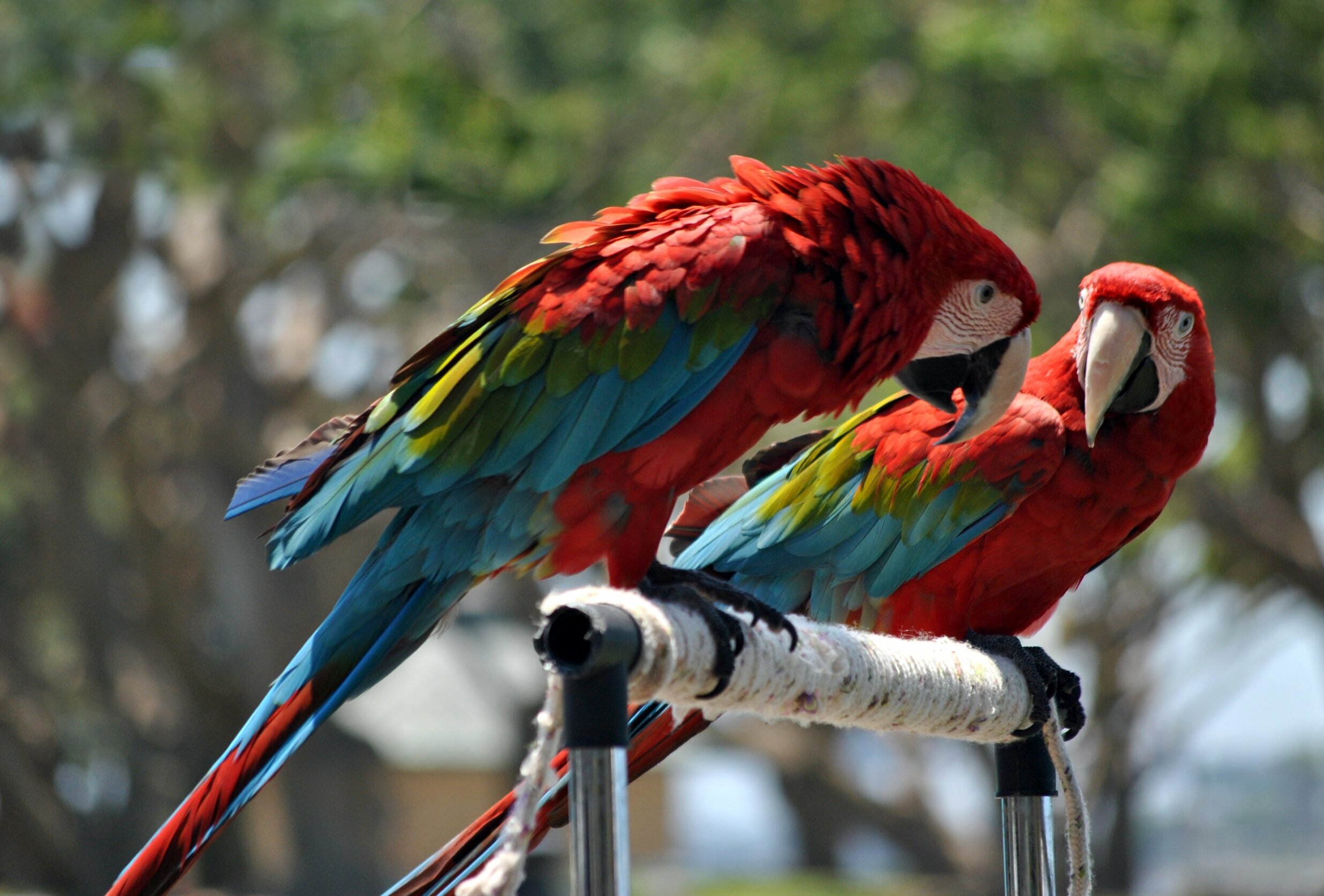
Proper nutrition is crucial for the recovery and well-being of sick birds. Just like humans, birds require a balanced diet to support their immune system, promote healing, and maintain overall health. When a bird falls ill, providing it with the right nutrients becomes even more crucial.
A sick bird’s nutritional needs vary depending on factors such as the type of illness, species, and individual bird. Some may require increased protein intake for tissue repair and muscle strength, while others benefit from a diet rich in vitamins and minerals to boost the immune system and aid in healing. Consult with an avian health specialist to determine the specific nutritional needs of your sick bird.
Proper nutrition not only aids in the bird’s recovery but also alleviates symptoms and discomfort associated with the illness. By providing adequate nutrition, you can support the bird’s strength and energy levels, enabling it to fight off infections and illnesses more effectively.
Moreover, a well-balanced diet contributes to the overall well-being of a sick bird. It ensures the bird receives essential nutrients, vitamins, and minerals necessary for optimal body function. Good nutrition improves the bird’s ability to cope with the stress of illness and enhances its quality of life during the recovery process.
In the following sections, we will delve into the specifics of feeding a sick bird, including beneficial foods, tips for special dietary needs, and what to do if the bird refuses to eat. Understanding these aspects will help you effectively support the nutritional requirements of your sick bird and contribute to its healing and well-being.
Tips for Feeding a Sick Bird
Best Types of Foods to Feed a Sick Bird
When feeding a sick bird, offer easily digestible foods that provide essential nutrients. Consider the following options:
-
Soft and Moist Foods: Cooked rice, oatmeal, or mashed fruits and vegetables are gentle on the bird’s digestive system and provide necessary hydration.
-
Easily Digestible Protein Sources: Cooked chicken, scrambled eggs, or tofu are excellent options that provide high-quality protein and can be easily broken down.
-
Bird-Specific Formulas: Nutritious bird-specific formulas or hand-feeding formulas designed for sick or injured birds can provide essential nutrients in an easily digestible form. Consult a veterinarian for the appropriate formula.
-
Syringe or Tube Feeding: Under the guidance of a veterinarian, syringe or tube feeding may be necessary if the bird is not eating voluntarily.
Tips for Providing Easily Digestible Food
To aid digestion and make it easier for a sick bird to consume food, consider the following tips:
-
Frequent Smaller Meals: Provide smaller, more frequent meals throughout the day to reduce strain on the bird’s digestive system and improve nutrient absorption.
-
Soaking Dry Foods: Soak dry foods in water or bird-safe electrolyte solutions to soften them, making them easier to chew and swallow.
-
Optimal Food Temperature: Serve food at a comfortable temperature to avoid discomfort or injury to the bird’s delicate digestive tract.
Suggestions for Providing Additional Vitamins and Minerals
Consider these suggestions to provide additional vitamins and minerals:
-
Consult a Veterinarian: Seek guidance from a veterinarian to determine if your sick bird requires specific vitamin or mineral supplements.
-
Fresh Fruits and Vegetables: Incorporate a variety of bird-safe fresh fruits and vegetables into the bird’s diet to provide essential nutrients.
-
Avian Supplements or Vitamin Drops: Follow recommended dosage instructions provided by a veterinarian when using commercial avian supplements or vitamin drops.
-
Hydration: Ensure the sick bird has access to clean, fresh water at all times to maintain proper hydration.
Remember, while these tips provide general guidance, consult a veterinarian for a proper diagnosis and tailored advice based on your bird’s specific condition and nutritional requirements.
Types of Food to Avoid

When caring for a sick bird, it’s important to be mindful of the foods that should be avoided. Certain food categories can worsen the bird’s condition or cause digestive issues. Here are the key types of food to steer clear of:
Foods high in fat or sugar
Sick birds struggle to digest foods high in fat or sugar, which can lead to complications like obesity and fatty liver disease. Excessive fat intake can cause weight gain and strain the bird’s liver, while too much sugar can disrupt their metabolism and weaken their immune system. To promote the bird’s overall well-being, avoid offering foods rich in fat or excessive sugar.
Spicy or acidic foods
Birds have sensitive digestive systems, making spicy or acidic foods irritating and uncomfortable. The intense flavors and acidity of such foods can potentially lead to inflammation or digestive issues. Birds’ digestive systems are not accustomed to handling these types of food, so it’s best to refrain from feeding them anything spicy or highly acidic.
Foods that may cause allergic reactions

Just like humans, birds can have allergies too. Identify and avoid feeding birds any food that may cause allergic reactions. Common allergens include peanuts, tree nuts, dairy products, and certain fruits like citrus fruits or strawberries. Allergic reactions in birds can manifest as respiratory distress, skin irritations, or digestive problems. To prevent adverse reactions, be aware of potential allergens and exclude them from the bird’s diet.
Consulting a veterinarian or avian specialist is highly recommended to determine specific dietary restrictions based on the bird’s species, health condition, and known allergies. These professionals can provide tailored advice on the types of food to avoid and recommend suitable alternatives. Additionally, it’s generally advisable to avoid feeding birds any human food, particularly processed or heavily seasoned items. Birds have different nutritional requirements than humans, and feeding them inappropriate foods can lead to nutritional imbalances or toxicities.
By being mindful of the types of food to avoid, bird owners can play a vital role in promoting the health and well-being of their sick avian companions.
Tips for Feeding a Bird with Special Dietary Needs
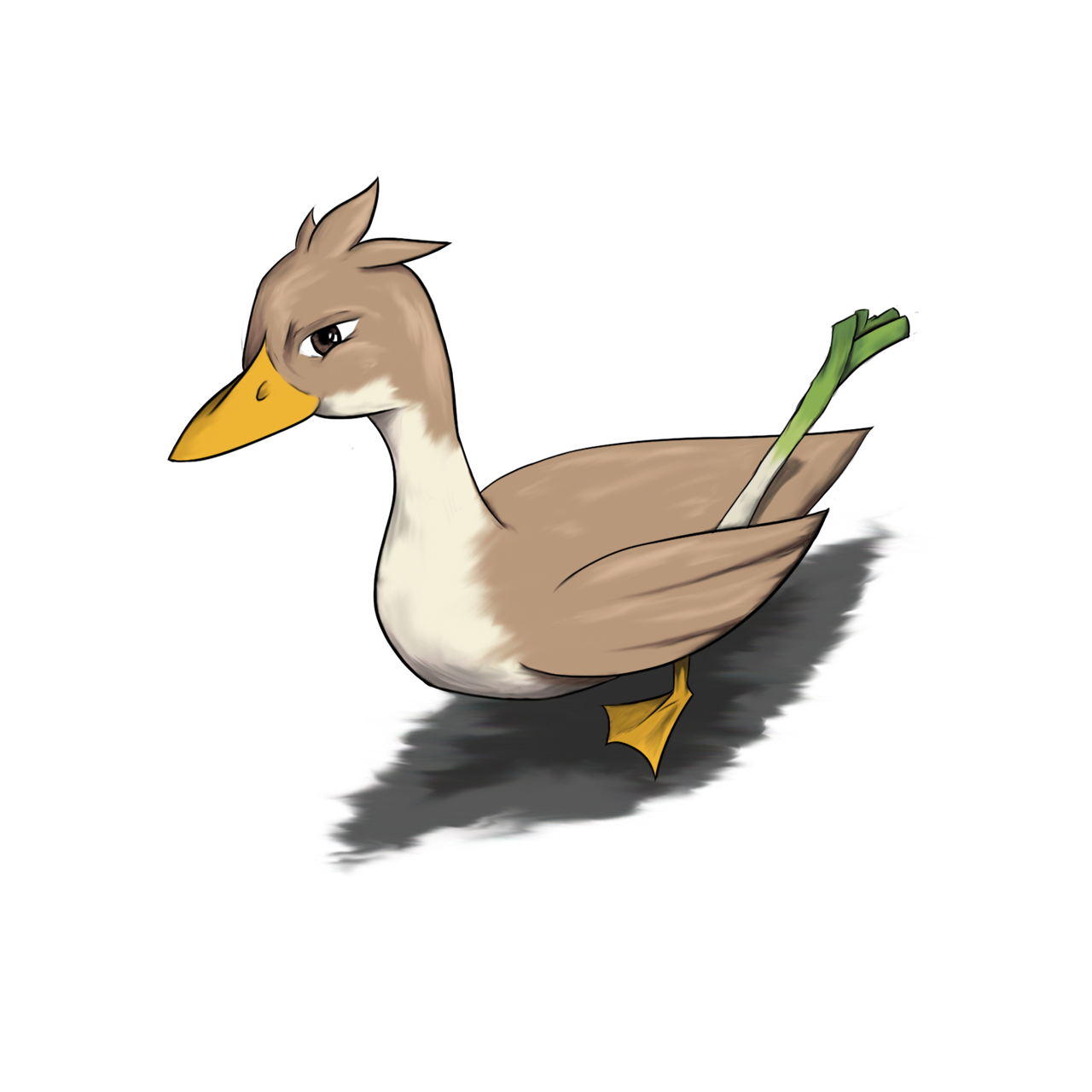
a. Guidelines for providing the right amount of protein
Protein is crucial for the recovery and overall health of a sick bird. It aids in tissue repair and supports the immune system. To ensure the bird receives appropriate protein:
-
Consult a veterinarian or avian specialist: Each bird species and health condition may have different protein requirements. Seek professional advice to determine the specific protein needs of your bird.
-
Opt for high-quality protein sources: Include cooked eggs, lean cooked meats (such as chicken or turkey), and insects like mealworms and crickets in the bird’s diet. These options offer essential amino acids and are easily digestible.
-
Avoid raw or undercooked meat: Raw or undercooked meat can harbor harmful bacteria that may be detrimental to the bird’s health. Always ensure that the protein sources are properly cooked before feeding them to your bird.
-
Consider specialized commercial bird food: Look for commercially available bird food formulated for sick or recovering birds. These products often contain higher levels of protein, aiding the bird’s recovery process.
b. Suggestions for providing a balanced diet
A balanced diet is vital for meeting a sick bird’s nutritional needs and promoting recovery. Here are some suggestions:
-
Consult with a veterinarian or avian specialist: Work with a professional to create a diet plan tailored to your bird’s species, health condition, and any dietary restrictions.
-
Incorporate fresh fruits and vegetables: Include a variety of fresh produce in the bird’s diet to provide essential vitamins, minerals, and antioxidants. Offer options like leafy greens, carrots, bell peppers, and berries to diversify nutrient intake.
-
Include high-quality commercial bird food: Consider including high-quality commercial bird food, such as pellets or formulated diets, in your bird’s diet. These products are nutritionally balanced and convenient to use.
-
Limit seeds and nuts: While seeds and nuts can be part of a bird’s diet, give them in moderation. These foods are high in fat and may not provide a complete nutritional profile for the bird’s recovery.
c. Tips for providing easily swallowable foods
Sick birds may have difficulty swallowing or a reduced appetite, so it’s crucial to offer easily consumable foods. Here are some tips:
-
Serve soft or moist foods: Soften dry food by moistening it with water or bird-safe liquids. Offer cooked grains, mashed fruits, or vegetables to make the food easier to swallow.
-
Offer smaller, bite-sized portions: Cut or break larger food items into smaller, bite-sized pieces. This makes it easier for the bird to pick up and swallow the food.
-
Provide variety and texture: Offer a range of food textures, including soft, moist, and crunchy options. This variety can stimulate the bird’s interest and encourage eating.
-
Ensure proper hydration: Hydration is crucial for a sick bird’s recovery. Provide fresh water in a clean bowl or consider offering water-rich foods, such as cucumbers or watermelon, to help keep the bird hydrated.
By following these guidelines for protein intake, maintaining a balanced diet, and providing easily swallowable foods, you can help meet the special dietary needs of a sick bird and support its recovery process.
What to Do If the Bird Does Not Eat:

When a sick bird refuses to eat, immediate action is crucial to prevent further health complications. Here are suggestions for providing a variety of foods and tips for encouraging the bird to eat:
Suggestions for providing a variety of foods:
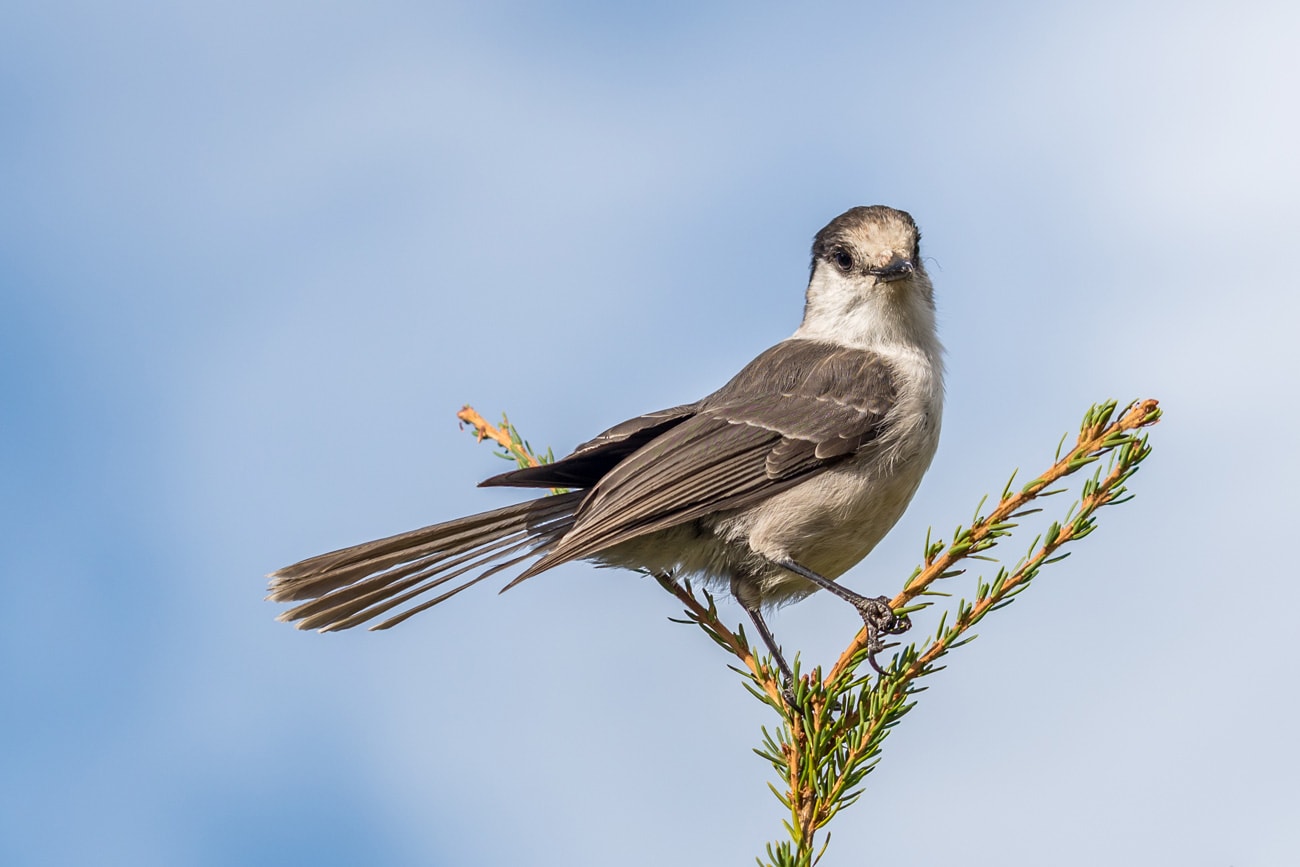
-
Offer a diverse range of food options: Stimulate the bird‘s appetite by presenting a variety of foods, including its regular diet and nutritious options.
-
Provide fresh fruits and vegetables: Apples, carrots, leafy greens, and berries are appealing to sick birds and provide essential nutrients.
-
Offer cooked grains: Cooked rice or quinoa is easily digestible and can be mixed with other foods for added variety.
-
Include small amounts of lean protein: Offer boiled chicken or scrambled eggs to provide essential amino acids.
-
Consider commercial bird foods: Consult avian veterinarians for specialized formulas or pellets recommended for sick birds.
Tips for encouraging the bird to eat:
-
Create a calm and comfortable environment: Ensure a calm, quiet environment to promote a relaxed eating experience.
-
Offer food in small, frequent portions: Provide small portions of food throughout the day for easier consumption.
-
Experiment with food textures and presentations: Try different textures and presentations to accommodate any eating difficulties.
-
Provide fresh water: Place a shallow dish of fresh water near the bird’s food for hydration.
-
Vary food temperatures: Offer food at different temperatures to cater to the bird’s preferences.
-
Use positive reinforcement: Encourage eating with praise, gentle coaxing, or placing favorite treats near the food.
-
Seek guidance from an avian veterinarian: Consult an avian veterinarian if the bird’s lack of appetite persists.
By implementing these suggestions, you can increase the chances of successfully encouraging a sick bird to eat and support its recovery.
Conclusion
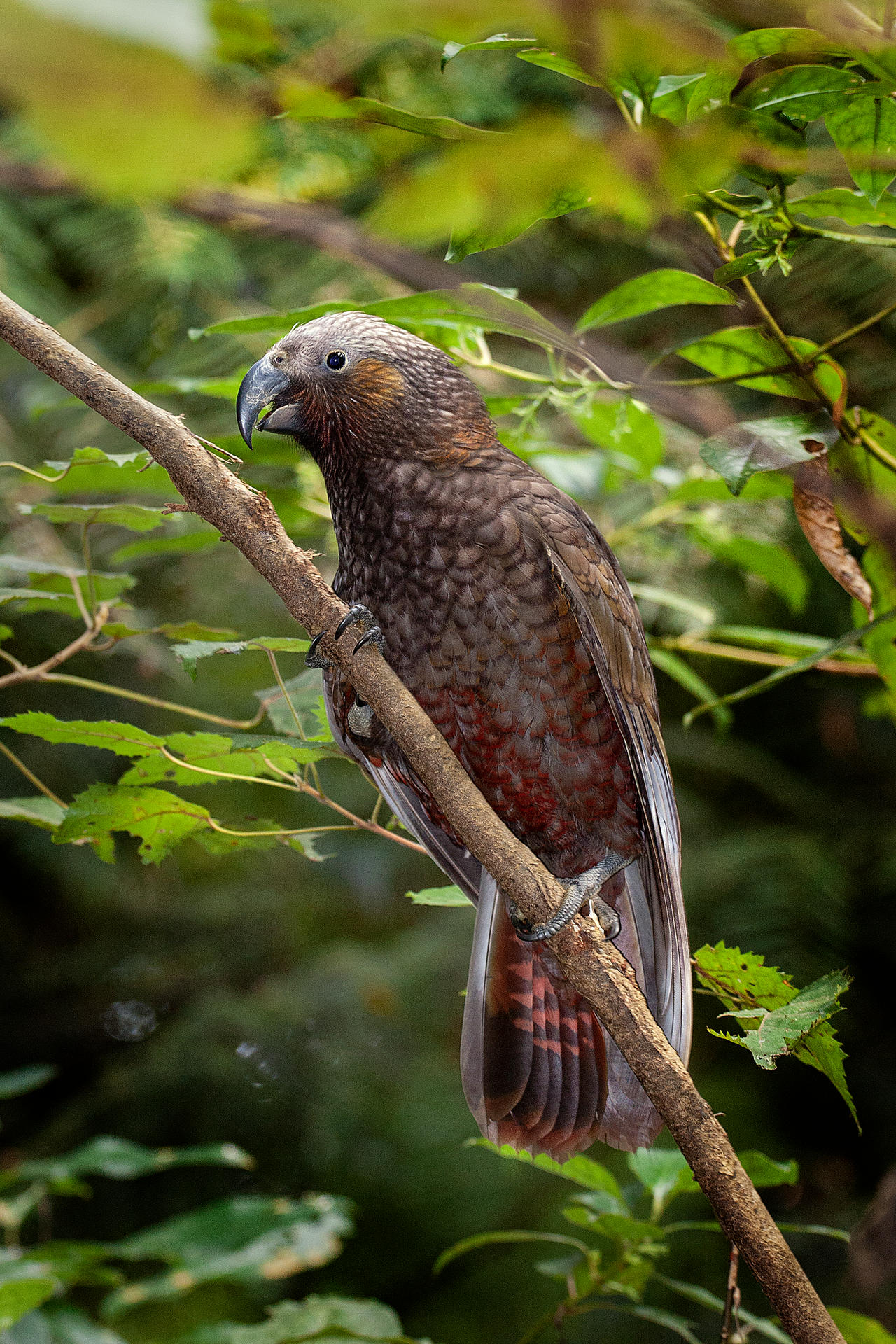
Proper nutrition is vital for the recovery and well-being of sick birds. It supports their immune system, promotes healing, and maintains energy levels. When feeding a sick bird, offer easily digestible and nutritious options such as soft fruits, cooked vegetables, grains, protein-rich foods, and specialized commercial bird food. Avoid sugary, processed, fatty, spicy, and acidic foods. For birds with special dietary needs, follow guidelines for protein intake and consult a veterinarian. By providing proper nutrition, we can help sick birds regain their health and vitality.
Frequently Asked Questions
Frequently Asked Questions
1. What should I feed a sick bird?
A sick bird should be fed easily digestible foods that provide essential nutrients. Options include soft and moist foods like cooked rice and mashed fruits, easily digestible protein sources like cooked chicken or scrambled eggs, bird-specific formulas designed for sick birds, and, if necessary, syringe or tube feeding under veterinary guidance.
2. Can I give my sick bird vitamins and minerals?

Consult a veterinarian to determine if your sick bird requires specific vitamin or mineral supplements. Fresh fruits and vegetables can provide essential nutrients, and avian supplements or vitamin drops may be recommended. Ensure the bird has access to clean, fresh water at all times to maintain proper hydration.
3. What foods should I avoid feeding a sick bird?
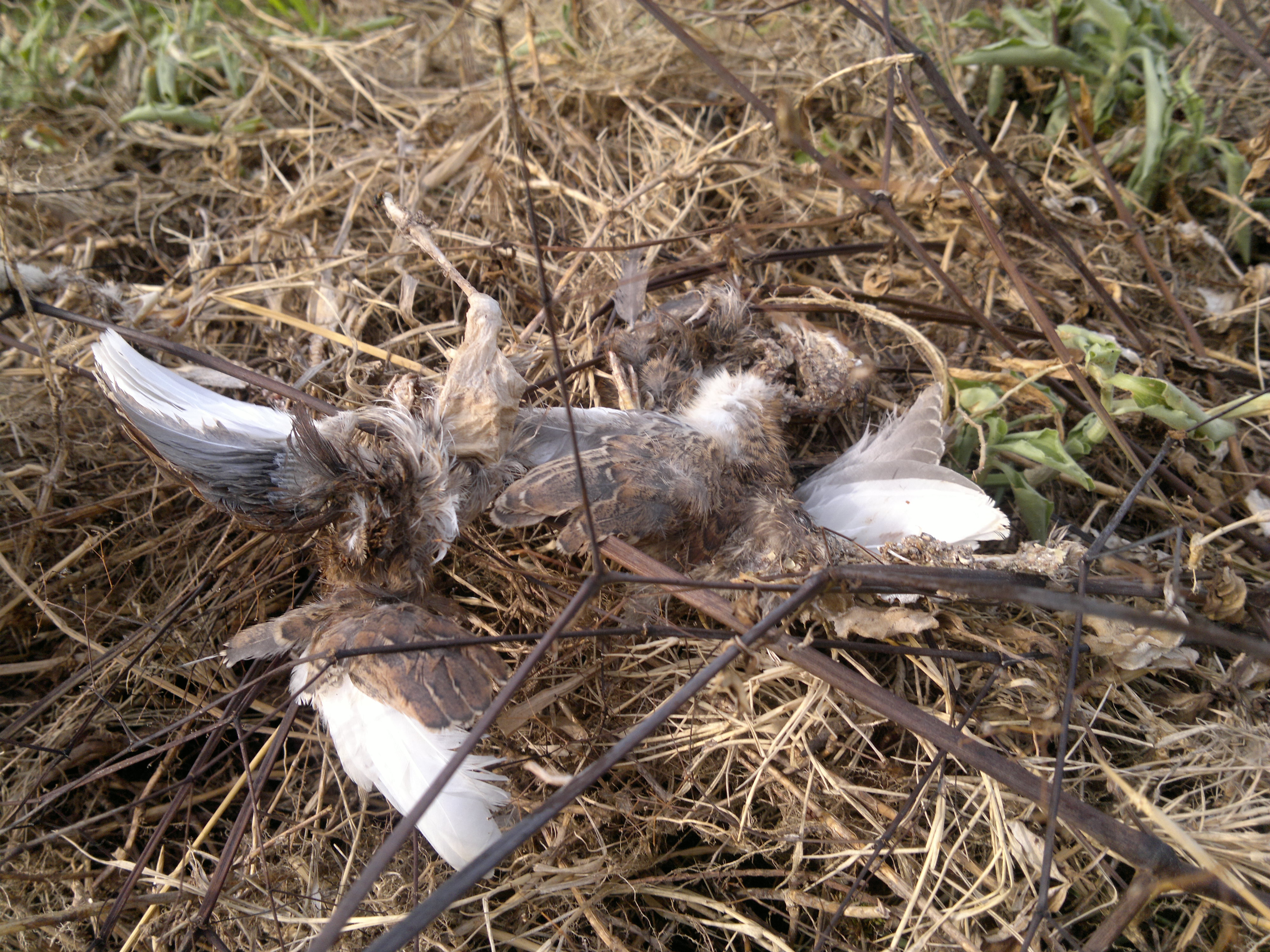
Avoid feeding a sick bird foods high in fat or sugar, spicy or acidic foods, and any food that may cause allergic reactions. Also, it’s generally advisable to avoid feeding birds any human food, particularly processed or heavily seasoned items. Consulting a veterinarian or avian specialist can help determine specific dietary restrictions.
4. How can I meet the special dietary needs of a sick bird?
To meet the special dietary needs of a sick bird, provide the right amount of protein through high-quality sources like cooked eggs and lean cooked meats. Consult with a veterinarian or avian specialist to create a balanced diet plan that incorporates fresh fruits and vegetables, high-quality commercial bird food, and limited seeds and nuts. Offer easily swallowable foods by serving soft or moist options in smaller, bite-sized portions.
5. What should I do if my sick bird refuses to eat?
If a sick bird refuses to eat, offer a variety of foods including its regular diet and nutritious options. Present fresh fruits and vegetables, cooked grains, small amounts of lean protein, and consider specialized commercial bird foods. Create a calm environment, provide small, frequent portions of food, experiment with textures and presentations, offer fresh water

Leave a Reply